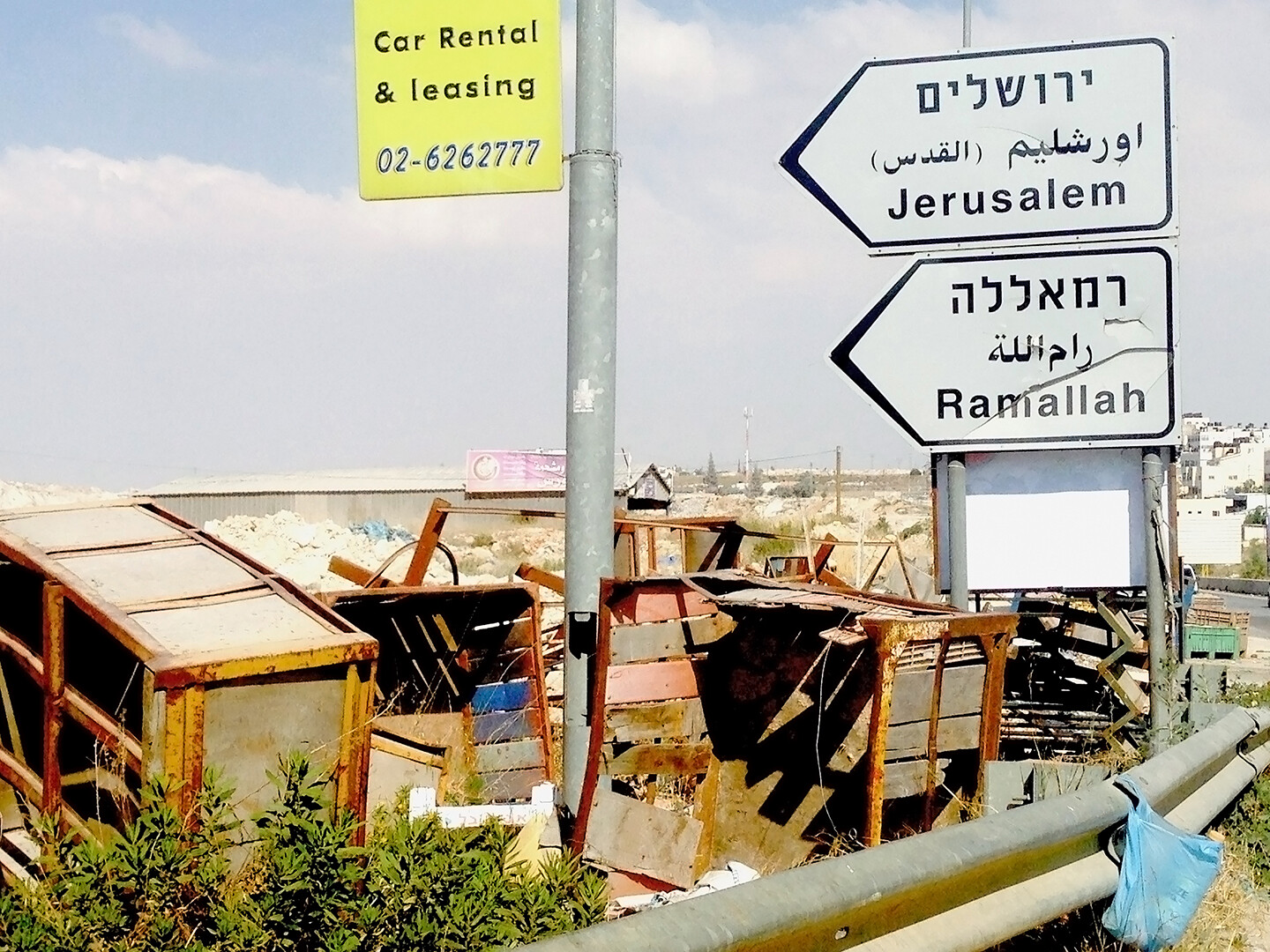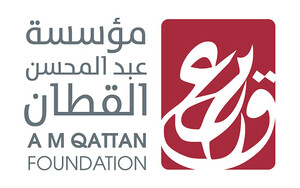June 28–September 29, 2018
27 An-Nahda Women Association Street
90606 Ramallah
Palestine
Hours: Monday–Thursday and Saturday 4pm–8am
T +970 2 296 0544
F +970 2 298 4886
info@qattanfoundation.org
On the occasion of the inauguration of the A.M. Qattan Foundation’s new building, its Public Programme announces the names of artists and collectives partaking in its first exhibition, entitled Subcontracted Nations, which will run from the June 28 until the September 29, 2018.
The new building is situated in the al-Tireh neighbourhood in Ramallah, a few hundred metres from Nelson Mandela square. Designed by Seville-based architects, Donaire Arquitectos, the building’s dominant feature is a cube of sleek louvres which emits light at night, acting as a metaphor for a lighthouse, thereby underpinning the Foundation’s aspirations for the building to become a beacon of knowledge and science, a haven for cultural exchange, and an incubator for creativity. The 7,730m² building houses a number of public facilities, including a library, a resto-café, a cinema/theatre, an art gallery, a residency space and a multipurpose hall. It is the first building in Palestine to be registered with the Palestinian Higher Green Building Council.
Subcontracted Nations is a group exhibition that questions differing concepts of nation. In these times, we are seeing major transformations in these concepts through rhetorical and political discourse across many corners of the globe.
The exhibition draws its title from the proliferation of the processes of sub-contracting found in our world today―whether it is the sub-contracting of health services, or the privatization of public resources including education. These processes have been instrumental in the fragmentation and compartmentalization of public services and the diminution of the role and obligations of the state.
Another question the exhibition will pose is how the different forms of neo-liberal orders in societies are being kept within socially and economically acceptable limits, in a manner considered optimal for preventing dissent and thus serving to maintain the delusion of social agency. The effects of these neo-liberal mechanisms have become intrinsically entrenched in the production of day-to-day relationships, from family to sexual relations, to the status of citizenship and the structure of politics. This imposition of neo-liberal mechanisms has contributed in numerous ways to the transformation of the individual through reformatory techniques, pre-designed lifestyles, dependency, and so forth.
If states are losing day-by-day control of the conduct, management and performance of vital services such as housing, health and social security, which have become increasingly privatized, how can traditional political structures and democratic processes practically serve as a mechanism for attaining better welfare services? What does citizenship mean within these conditions? What is the relevance of democratic politics, if the political parties eventually aspire to create coalitions and profitable partnerships with multinational corporations? What does the nation mean within this new order? How can we imagine the nation when it is reduced to a series of “sub-contracted” service industries?
If sovereign states are no longer capable of fulfilling their main mandates to protect and improve the conditions of the majority of their citizens as well as alleviate poverty, and if some states are better than others at subsidizing welfare services or controlling the private provision of these services, then can we polemically engage in rethinking the politics of democracy through subcontracting other states to administer our nations and provide better services? How could that reflect on the evolving meanings of a nation and the imagining of future social structures and international relations?
Artists
Ahed Izhiman, Ahmed Hamed, Alexandra Handal, Amer Shomali, Amjad Ghanam, Awatef Roumiyeh, Bashar Alhroub, Bashar Khalaf, Bashir Makhoul, Bisan Abu Eisheh, Claudio Beorchia, Dirar Kalash, Essa Grayeb, Gottfried Helnwein, Habib Asal, Hichem Driss, Iyad Issa, Jawad al-Malhi, Jonas Staal, Julian Schmidt, Jumana Abboud, Khaled Jarrar, Lara Baladi, Larissa Sansour, Lawrence Jordan, Majd Abdel Hamid, Majdal Nateel, Majdi Hadid, Manal Mahamid, May Odeh, Mirna Bamieh, Mohamed Abusal, Mohammad Joulani, Nabil Anani, Naeem Mohaiemen, Nida Sinnokrot, Noor Abed, Núria Güell, Rafat Asad, Rima Essa, Samah Hijawi, Samira Badran, Sarah Beddington, Sliman Mansour, Susanne Bosch, Tarek al-Ghoussein, Tayseer Barakat, Taysir Batniji, Teddy Cruz, Tom Bogaert, Uriel Orlow, Vera Tamari, Vladimir Tamari, Waseem Fouad and Yazan Khalili
Collectives
ADS Archives, IRWIN, MTL, Ramallah Syndrome, RSA Animate, The Convivialist Manifesto, The Silent University
Curator: Yazid Anani
Assistant Curators: Abed al-Rahman Shabaneh, Aline Khoury


